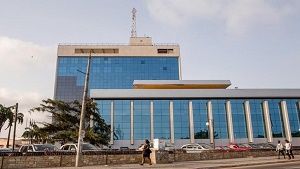It is warning that the amendments pose a serious risk to national sovereignty and sidestep existing Broad-Based Black Economic Empowerment (BBBEE) laws.
The proposed revisions, introduced by Communications Minister Solly Malatsi, were gazetted this week and include a potential Equity Equivalent Investment Programme (EEIP). This would allow multinational companies to meet empowerment criteria without fulfilling the current requirement of 30 percent local ownership.
The EFF argues that the amendments would ultimately benefit foreign corporations, particularly the United States (US) based satellite internet firm Starlink, while undermining local economic empowerment.
The announcement comes shortly after President Cyril Ramaphosa met with US President Donald Trump. According to reports, the meeting included discussions around Starlink’s possible role in supporting SA’s efforts to combat crime. The timing of the policy proposal has sparked speculation about a link between the diplomatic engagement and the regulatory changes.
EFF national Spokesperson Thembi Msane said the party is prepared to contest the amendments both in Parliament and through legal channels.
“There is a clear national security concern,” said Msane. “Starlink’s owner has manipulated the legal systems of sovereign nations using disinformation and political influence. Allowing access to our telecommunications infrastructure under these conditions, especially by someone who has accused our country of genocide, is unacceptable.”
The EFF maintains that the move represents a departure from SA’s transformation agenda, favouring foreign interests over local development. Critics argue that the proposed changes could weaken the country’s ability to safeguard its technological and economic future.
The Department of Communications has not yet responded to the concerns raised.
--ChannelAfrica--












